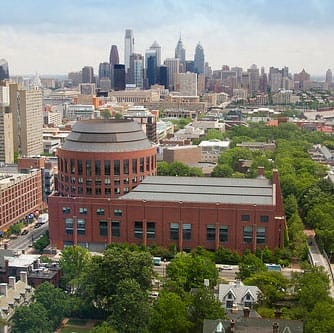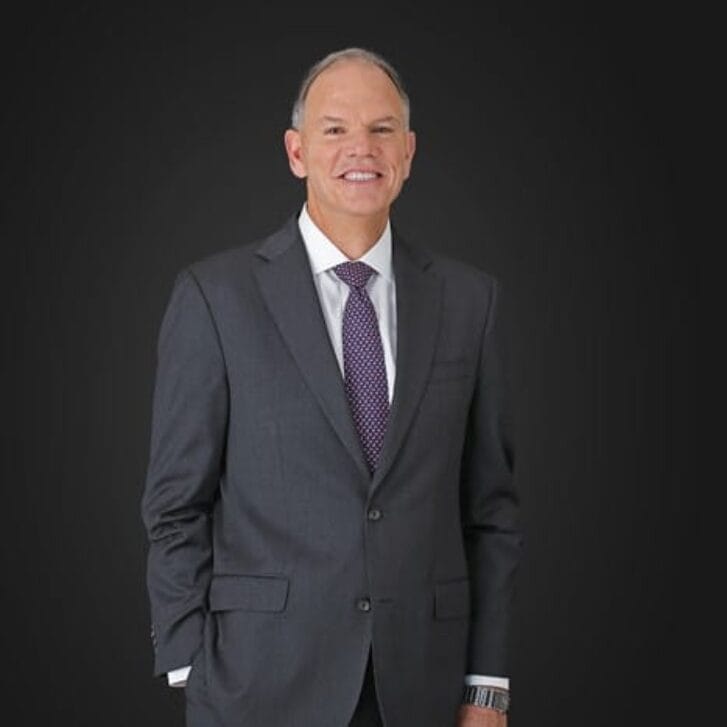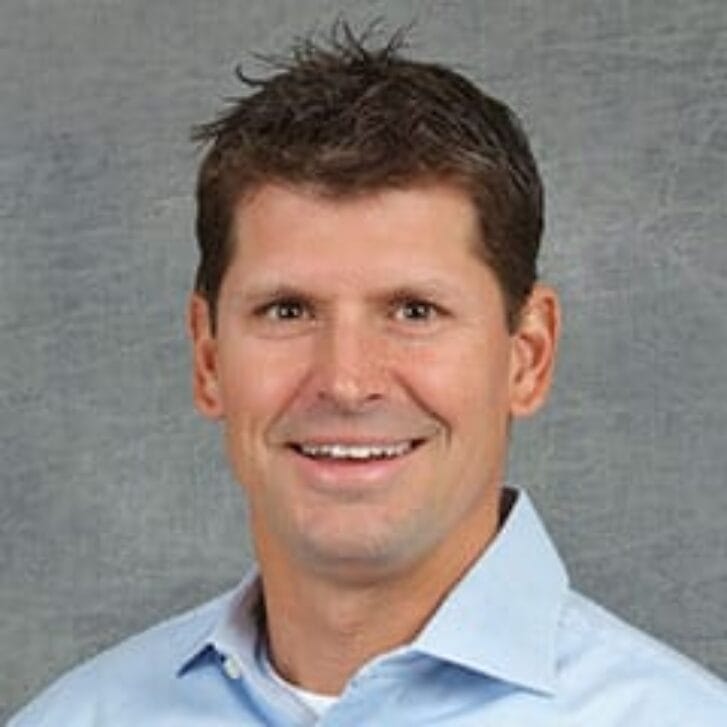The Wharton Social Impact Initiative (WSII) has been very busy since helping the city of Philadelphia win one of the 2012-2013 Mayors Challenge prizes.
When Philadelphia Mayor Michael Nutter, W’79, approached Jacob Gray, WSII senior director, about entering the competition, Gray saw enormous potential for Wharton students.
“They wanted to find creative ways for the private sector to get involved. It seemed like a fantastic fit for our mission,” Gray says, adding the project “exemplifies a deep engagement of both the city and a large anchor institution like Wharton.”
The Bloomberg Philanthropies Mayors Challenge is a competition held annually amongst U.S. cities with at least 100,000 residents, aimed at improving the quality of life in urban environments through innovation and public-private partnership. The goal is to inspire and then spread the very best ideas in local government.

Wharton teamed with the Philadelphia Mayor’s Office and GoodCompany Group—a social entrepreneur venture accelerator—to form FastFWD. Out of 305 cities competing, the group was one of the lucky five cities to take home a $1 million implementation prize. FastFWD earned the honor for its novel approach to reforming the cumbersome city procurement processes to enable entrepreneurs to better respond to city requests for proposals.
After winning the Mayor’s Challenge, the team’s next task was to choose a single social issue to focus on and then solicit creative ideas from social impact entrepreneurs to tackle it.
Enter the Penn students. Zachary King, C’13, an undergraduate student at the time, led a team of about eight MBA and other graduate students to identify an actionable focus area.
“We interviewed about 70 city leaders, business leaders [and] stakeholders and created a folio, a landscape of what were the biggest challenges facing Philadelphia and which of those problems showed the biggest opportunity,” King says.
Ultimately, King and his team decided to make public safety their focus issue. It was not actually what Mayor Nutter or the steering committee originally envisioned as the first focus area, King recalls.
“After we gave them this presentation, the mayor was completely supportive. They were really willing and ready to work with students,” he says.
“The mayor was blown away,” Gray testifies.
In winter 2013, FastFWD sought applications from entrepreneurs with innovative ideas to solve specific challenges pertaining to public safety. After a flood of proposals from national and international sources, the group selected 10 promising startups to move ahead.
This spring, these social entrepreneurs will begin a 12-week accelerator program, designed to guide them in business model development and early-stage funding.
Even at this early stage in the FastFWD project, Gray has noticed the reciprocal benefits for students.
“One of the early responses we’re getting is from students who are saying that the experience has been one of the most valuable they’ve gotten at Wharton,” he says.
As Wharton senior and social impact fellow Celia Lewis says, “The combination of designing a strategy, putting it into action and seeing results on a project of this scale has definitely surpassed my expectations of what I thought I would be able to do as an undergraduate at Wharton.”
—Hannah Hartig
Link to us: Read more about FastFWD’s first 10 social impact startups on the blog at “Accelerating Public-Private Partnerships.”

























